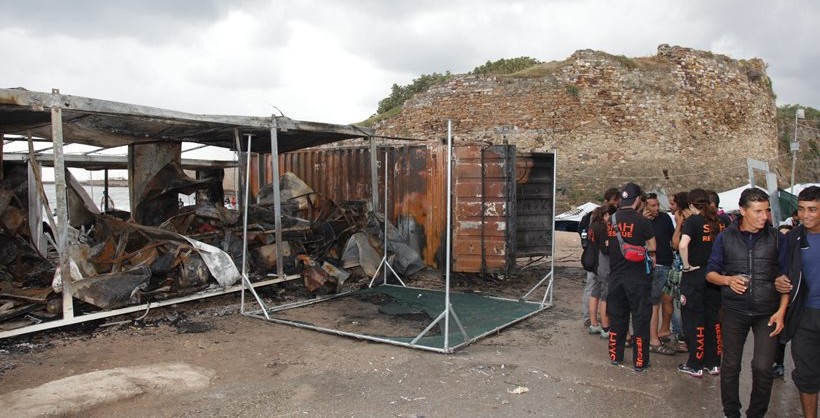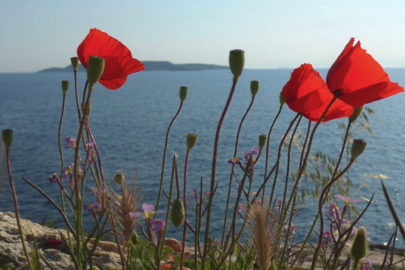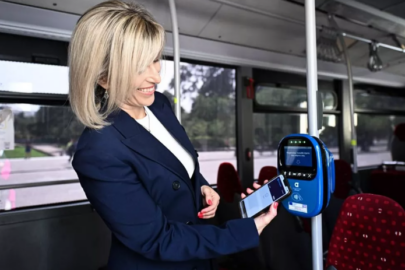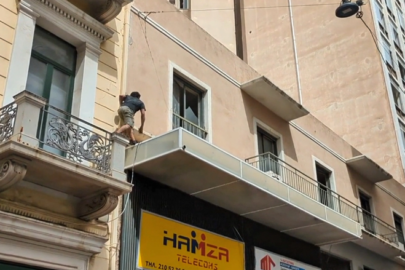An alarming report conducted by Refugee Data Rights Project (RRDP), shows that one in three refugees on the island of Chios has witnessed a suicide attempt in the hotspots. British news outlet Independent published the findings of the NGO that was carried out on a sample of 300 refugees on the island Greek of Chios in the northern Aegean. As the article reveals one respondent told researchers he has seen a person setting himself on fire, adding that “…maybe I’ll be the next one. I feel so bad and depressed”.
From author May Bulman and the Independent:
One in three refugees in camps on the Greek island of Chios has witnessed a suicide there, an alarming report has revealed.
Research seen exclusively by The Independent shows 39 per cent of displaced people living on Chios – of whom there are an estimated 3,782 – have witnessed a death on the island, with 87 per cent of these saying it had occurred due to self-harm or suicide.
One refugee said he saw someone set himself on fire, telling researchers: “I saw one person setting himself on fire, and maybe I’ll be the next one. I feel so bad and depressed.”
The report by the Refugee Rights Data Project (RRDP), based on 300 interviews with refugees on Chios, found that seven in ten (71 per cent) respondents had experienced mental health problems since arriving, and that less than a third of them (29 per cent) had been able to access medical care.
The figure was even higher for women, who made up 12 per cent of those interviewed, with 94 per cent of them having experience mental health problems since arriving and less than a third (30 per cent) having been able to access support.
The findings are of particular concern following reports that thousands of refugees in Greece are at risk of losing vital support as charities prepare to withdraw services from the country’s “hotspot” islands, such as Chios, as changes to EU funding are set to leave them out of contract by the end of July.
While NGOs on Greek islands have until now received millions of euros from the European Commission’s humanitarian division (Echo) to provide services to refugees, the changes will see the allocation of funding, as well as the selection of projects to be funded, become the sole responsibility of the Greek authorities.
Charities on the island have now warned that in the light of the new findings, withdrawals of services will have a “detrimental and inhumane” effect on people’s lives, and urged that health, safety and human rights of the displaced people arriving must now be the “highest priority”.
As well as concerns over the lack of mental health care to support the large number of refugees with psychological problems, the report revealed issues surrounding safety on the island.
Eighty-five per cent of refugees said they “never feel safe” or “don’t feel safe” on Chios, while only three per cent saying they “feel perfectly safe”. Nearly a quarter (24 per cent) of respondents said they had experienced police violence, and many told researchers the police treated refugees “like animals”.
A similar proportion (22 per cent) said they had experienced violence by Greek citizens on Chios, often from anti-immigrant groups staging demos on the island, which have been known to escalate into violence against refugees.
Thirty-seven per cent meanwhile said they had experienced violence by other refugees – often described as the result of exhaustion and tensions in overcrowded camps, combined with an absence of adequate security measures in and around the camps.
Half of the children interviewed were unaccompanied, with nearly three quarters (73 per cent) saying they didn’t feel safe in the camp and more than a quarter (29 per cent) saying they had witnessed someone dying on the island, according to the report.
More than a third of the under-18s interviewed were recorded as having experienced mental health problems, but just 18 per cent had received medical care, and only 17 per cent had been offered access to advice about their rights and possibilities to change their situation. Nearly three quarters (73 per cent) said they had family somewhere in Europe.
more at: independent.co.uk



































